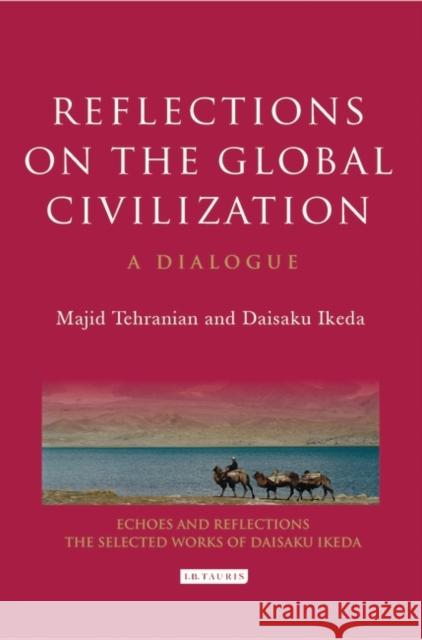Reflections on the Global Civilization : A Dialogue » książka
Reflections on the Global Civilization : A Dialogue
ISBN-13: 9781845117726 / Angielski / Twarda / 2015 / 224 str.
Globalization has brought different civilizations and peoples into new and closer contact, but this novel intimacy has not always led to greater understanding. On the one hand, the Western infatuation with the East, nurtured and developed in the eighteenth and nineteenth centuries, has sometimes been replaced by fear and distaste. On the other hand, the Eastern fascination with Western scientific and technological marvels has at times given way to a loathing of arrogance, materialism, and militarism. Global terrorism is the scourge of our times, while intense anxiety is increasingly bound up with migration and the cross-border movement of people seeking a better life. There is thus an urgent need to work towards a truly global civilization based on principles of peace, justice, mutual respect, and tolerance. It is precisely that goal which the participants attempt in this classic dialogue. Inspired by the historic encounters between Buddhism and Islam as they exchanged ideas and goods along the Silk Road, Reflections of the Global Civilization brings together a Sufi Muslim from Iran and one of the world's most influential lay Buddhist leaders to explore the vibrant areas of common ground between the Islamic and Buddhist traditions. Beginning with a conversation about the central importance of dialogue to the physical and cultural survival of humanity, the interlocutors go on to introduce the general worldviews of Islam and Buddhism. Drawing on a diverse selection of creative thinkers including such luminaries as the Persian poets Rumi and Hafez, Bengali writer Rabindranath Tagore, social theorist Jurgen Habermas, and political philosopher Antonio Gramsci they then discuss the meanings of interfaith encounter and the transformative role of dialogue in a variety of contexts: cultural, educational, and political. The final chapters focus on the contributions that dialogue can make to a world driven by political, economic, and cultural divisions and tensions. Colored throughout by Sufi philosophy and poetry, and by Buddhist thought and practice, Reflections on the Global Civilization offers a profound and involving meditation on conflict, loss, and injustice, as well as the vitality of interfaith discussion. It reveals the visionary passion of two leaders who have both, in their own lives, experienced the anguish of war and who have both, since their youth, vigorously pursued alternatives to violence. Above all, it convincingly shows that Islam and Buddhism have much to offer: not only to each other, but also to the world as a whole."











